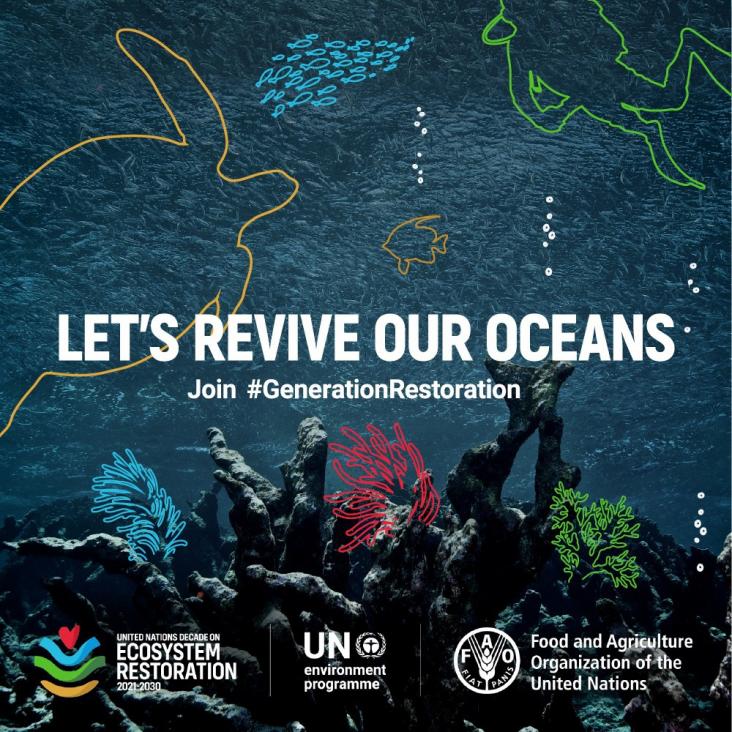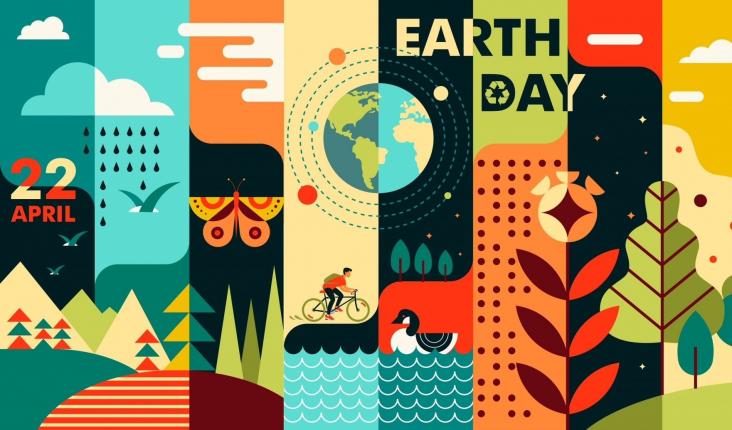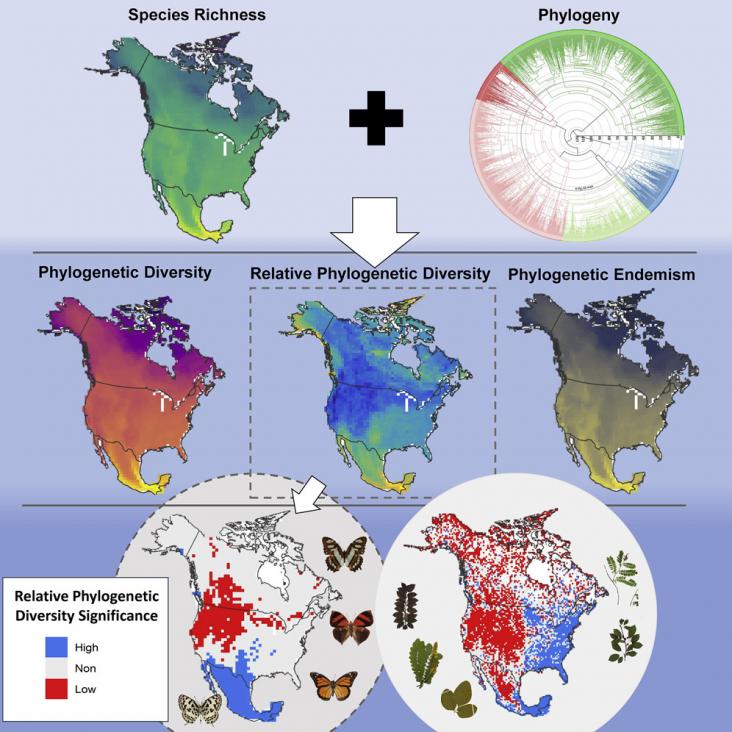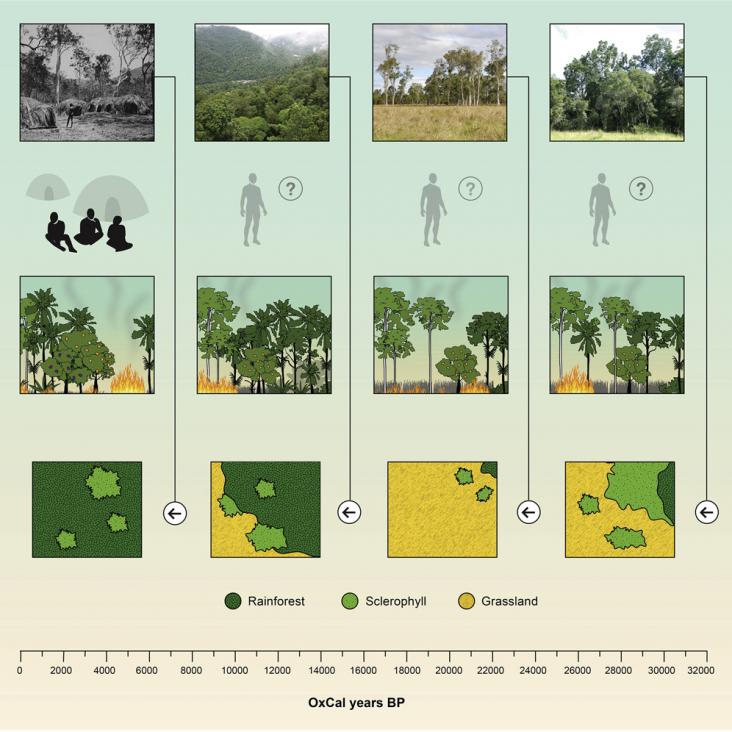This book chapter advances SDGs 9, 13, and 15 by introducing techniques for assessing economics and feasibility to complement the technical and scientific rigor in environmental systems science. This includes attention to project planning and communicating decisions and working with stakeholders and emission reduction and prevention strategies, including fuel-related and air toxics strategies.

Globally, financial services are well positioned to contribute to the transformation needed for sustainable futures and will be critical for supporting corporate activities that regenerate and promote
This book chapter addresses SDG 13 and 15 by explaining an approach to environmental and human health risk from a systems perspective. It introduces exposure assessment methodologies, identifying failures of conventional methods. The chapter explains possible ways to augment them to address the large uncertainties in assessing and managing the risks to humans and ecosystems from chemicals and microbes.
This book chapter advances SDGs 13 and 15 by presenting the potential for artificial intelligence (AI) technologies and approaches in conservation-related challenges.

World Environment Day is the most renowned day for environmental action. Since 1974, it has been celebrated every year on June 5th, engaging governments, businesses, celebrities and citizens to focus their efforts on a pressing environmental issue. To mark World Environment Day 2021, Elsevier presents a curated list of free access journal articles and book chapters in support of this year's theme - Ecosystem Restoration.
This book chapter advances SDGs 13 and 15 by reviewing case studies of how landscapes respond to contemporary and future environmental change.
Compared to other climate regions of the world, Mediterranean regions are likely to experience more severe effects of climate change as rainfall decreases and temperatures increase.

Earth Day is widely recognised as the largest secular observance in the world, marked by more than a billion people every year as a day of action to change human behaviour and provoke policy changes. This day recognises and celebrates the Earth and its ecosystems as our home and highlights the need to protect earth to enhance people’s livelihoods, counteract climate change, and stop the collapse of biodiversity. To raise awareness of Earth Day 2021, Elsevier presents a curated list of free access journal articles and book chapters in support of this year's theme - Restore our Earth.

In this work, the authors take on a broad-scale quantitative assessment of butterfly biodiversity. They find with some examples of North American butterflies that shared biogeographic histories and trophic associations do not necessarily assure similar diversity outcomes.

In this article, we seek to draw upon a variety of multidisciplinary datasets that are yet to be compiled in a peer-reviewed publication, to support growing movements looking to re-cast the forests of the Wet Tropics as cultural landscapes as well as purely “primitive” Gondwanan remnants.
